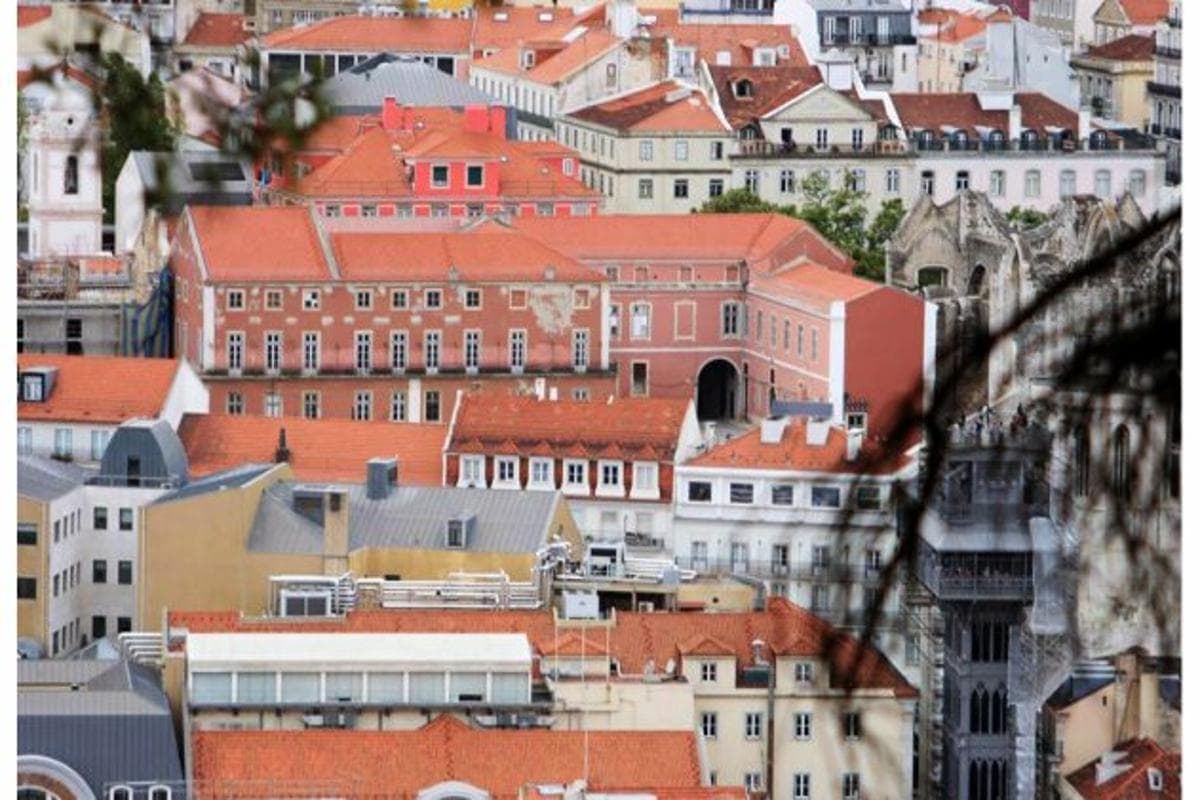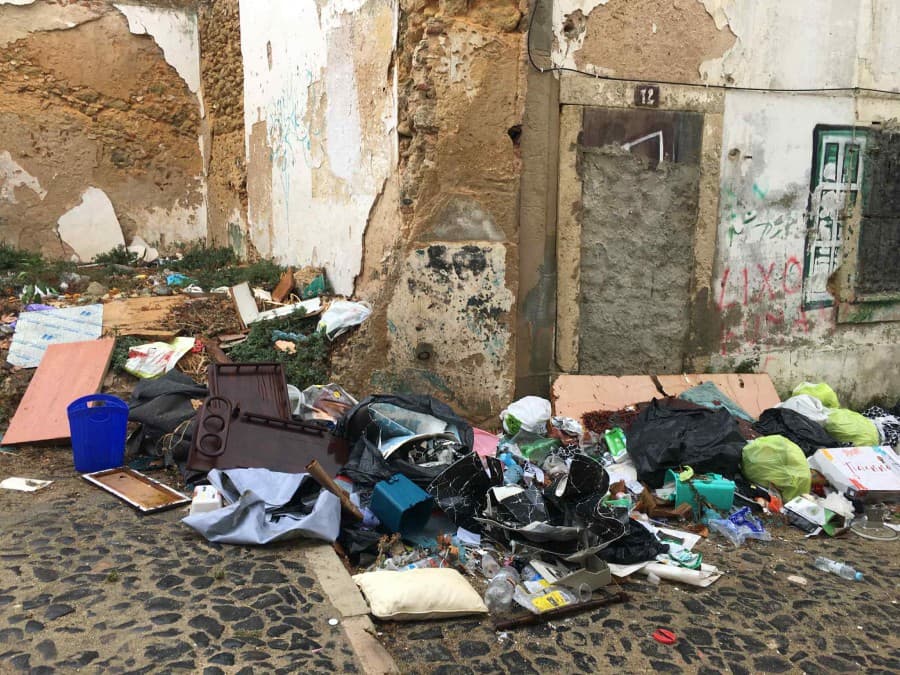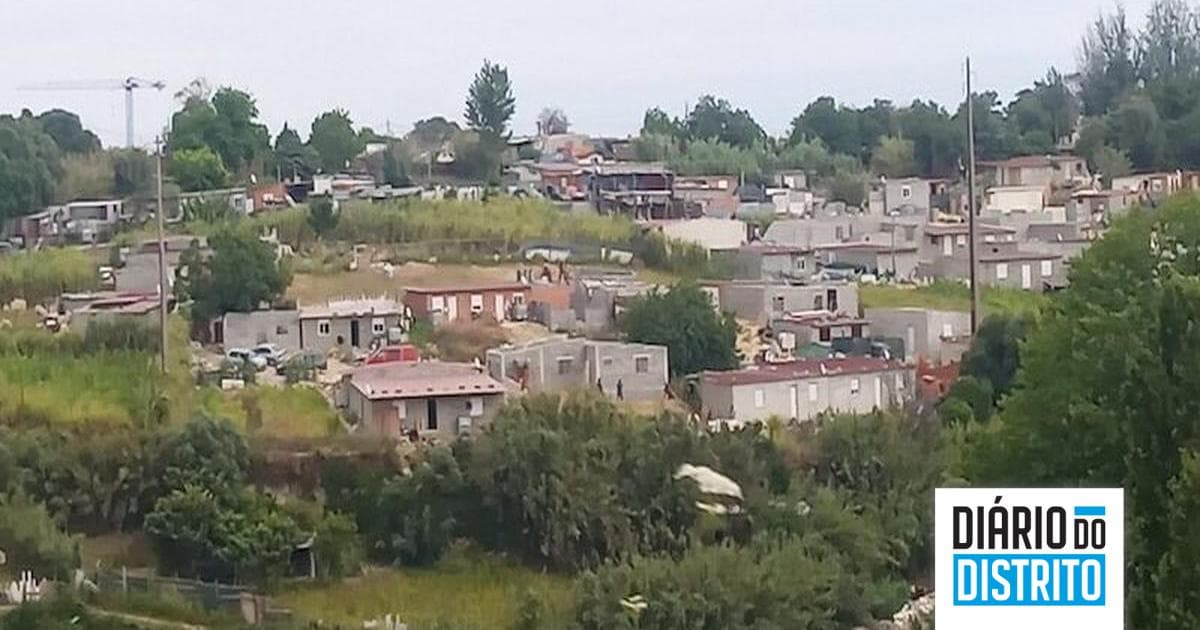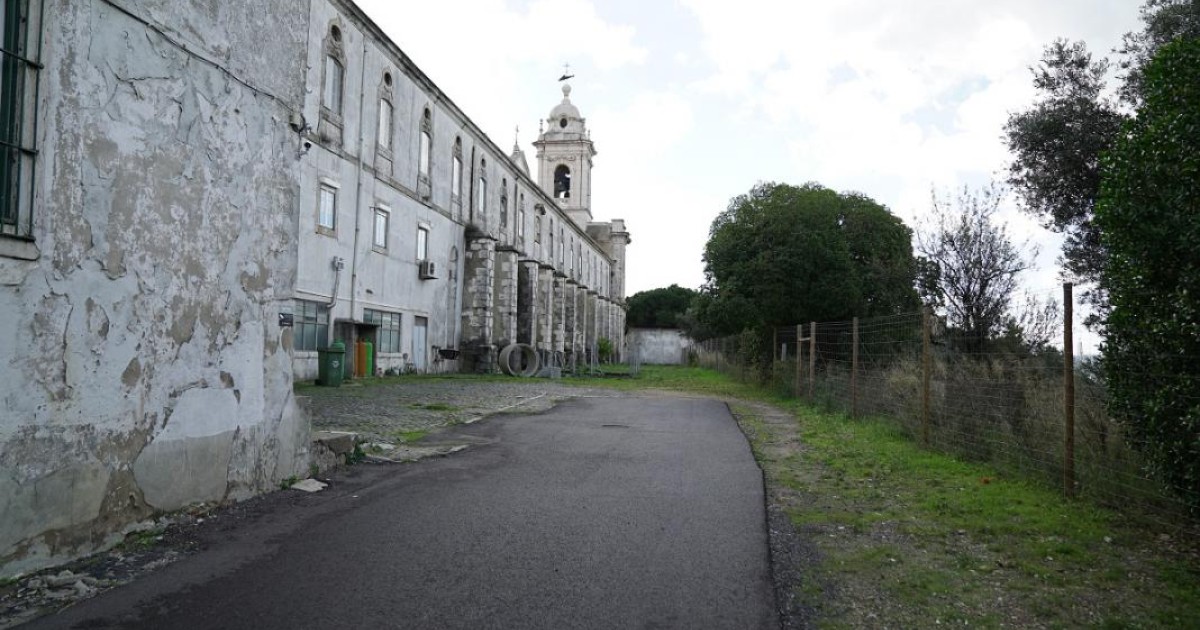Community Petition Against Graça Luxury Hotel Development Gains Momentum in Lisbon
A municipal-level initiative to redevelop a historic monument in Lisbon's Graça neighborhood is facing significant public opposition. A residents' group, the 'Assembleia Parar o Hotel no Quartel da Graça', has launched a petition that has quickly gathered over 1,500 signatures, demanding the city revoke the concession for a planned hotel project. The announcement of the petition's success has brought increased scrutiny to the development plan, which aims to convert the former Quartel da Graça, a national monument, into a luxury hotel.
The specific details of the development project trace back to October 2019, when the Portuguese government, under its 'Revive' program for repurposing state-owned heritage sites, awarded a 50-year concession to the Sana hotel group. The project entailed a €30 million investment to create a five-star hotel with 120 rooms, with the developer agreeing to pay an annual rent of €1.79 million to the state. The hotel was originally scheduled to open by the end of 2022, but the project has since stalled completely.
The timeline for the project has been marked by inaction. Since the 2019 announcement, no construction or renovation work has begun at the site. The Assembleia da Graça group highlights that the historic barracks have been left vacant and are now in a state of rapid deterioration. This lack of progress, coupled with the nature of the proposed development, has galvanized local residents and preservation advocates to formally oppose the plan through the public petition and by directly engaging with political figures ahead of the upcoming local elections.
The primary impact of the proposed hotel, according to the petitioners, would be on the local residents and the character of the Graça neighborhood. They argue that the area is one of the last historic districts in Lisbon to have largely resisted the intense gentrification seen elsewhere in the city. The introduction of a large-scale luxury hotel, they claim, would exacerbate pressure from tourism, displace residents, and erode the local community's quality of life. The petition calls for the publicly owned building to be used for public-interest purposes, such as housing, cultural centers, and educational facilities, to serve the needs of the existing population.
No significant infrastructure improvements were announced as part of the hotel project beyond the renovation of the building itself. The opposition's focus is on the use of the public asset and the socio-economic impact on the surrounding area, rather than on specific infrastructure concerns. The debate centers on whether the economic benefits of a luxury hotel outweigh the potential negative consequences for the neighborhood's social fabric and identity.
Need Expert Guidance?
Get personalized insights from verified real estate professionals, lawyers, architects, and more.
The funding for the project was slated to come from the private sector, specifically the Sana group, which committed to the €30 million investment. The 'Revive' program is designed to leverage private capital to restore and maintain historic properties that the state cannot afford to upkeep, with the state receiving revenue through long-term lease agreements. The current controversy, however, questions the suitability of this model for all properties, especially in residential areas sensitive to tourism growth.
The community consultation process appears to have been minimal prior to the 2019 concession announcement, a factor that has contributed to the current backlash. The residents' assembly was formed as a direct response to the project, indicating that local stakeholders did not feel adequately represented in the initial decision-making process. The group is now actively seeking to influence the political process by demanding that candidates in the October municipal elections declare their position on the hotel's future.
No formal environmental impact assessment has been made public, as the project never advanced to the construction phase. However, the petitioners' arguments are rooted in a socio-environmental perspective, focusing on the impact of 'overtourism' and gentrification on the urban environment and the well-being of the local population. They advocate for a more sustainable urban development model that prioritizes residents.
The long-term vision for the neighborhood, as articulated by the opposition movement, is one that preserves its residential character and strong sense of community. They envision the Quartel da Graça as a vibrant public space that serves local needs, rather than an exclusive destination for tourists. The outcome of this conflict will have a lasting impact on the future development trajectory of Graça and could set a precedent for how Lisbon manages the conversion of its historic public assets in other neighborhoods.
Discover emerging areas and local opportunities at realestate-lisbon.com.





